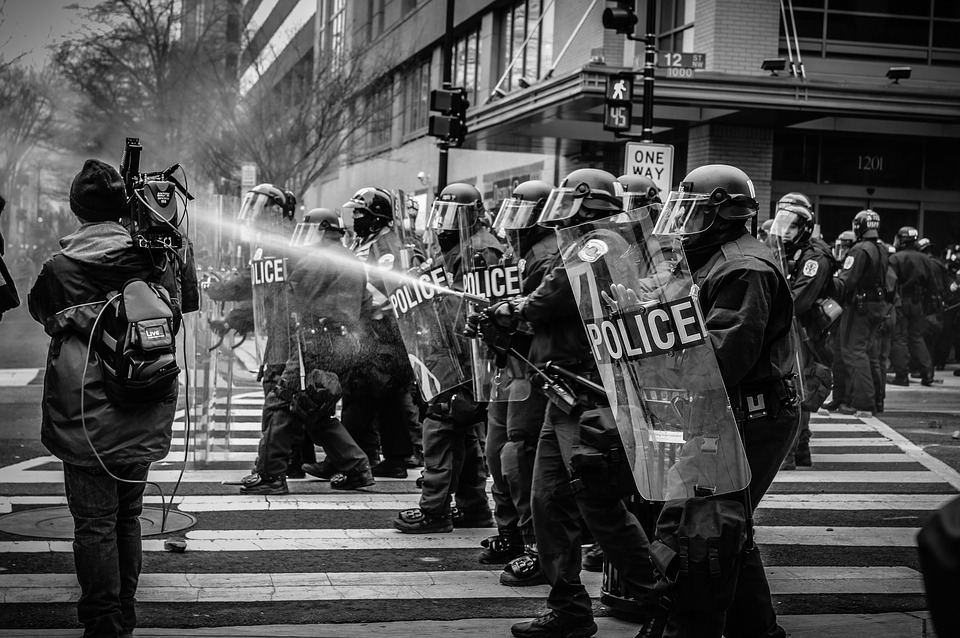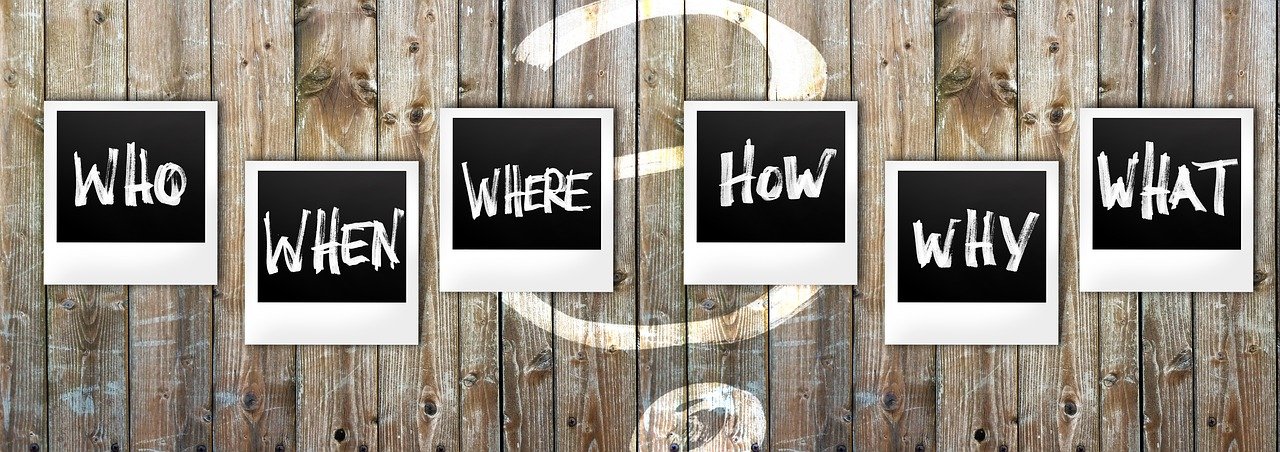The last few years have seen demonstrators take to the streets to highlight the plight of the minority groups in the US who have been adversely affected by a seemingly unsympathetic police force. Several thoughts have been put forward on making the forces less reactive, but research by experts say a lasting solution lies in education. Why? Because it is true that education reduces crime, and police brutality is a crime. Policemen and women all over the world immensely benefit from a college degree.
How Colleges Can End Police Brutality
Students will hold demonstrations outside the library or in the streets for causes close to their hearts, and they too are sometimes subjected to these violations of personal space and privacy. Here’re our thoughts on ending police brutality on college and university grounds.
By Changing the Terms of Contracts
Colleges employ policemen and women and help them generate income from their services to the schools. Since these institutions are an integral part of the police, they can demand more accountability. Some of the police brutality essay topics that are handled today include excessive force, and they should be required to be accountable for each reaction. Faculte members can ask police brutality research questions or ask students to write a police brutality paper to help them draft contracts that work better for the community.
Those departments that refuse to comply with the new terms should have their contracts nullified by colleges. They can only benefit from an academic institution if they are willing to do right by the communities within a school.
Police Education and Training
Colleges employ a large number of people in the forces, and they can start demanding more accountability from the men and women that are supposed to make the community feel safe. This is how training reduces violence.
Stop and Search
People run from the police for all sorts of reasons, the top of the list being fear that they will be prejudiced. So, instead of assuming someone’s guilty when they run, it helps to make them feel safe enough to stop first so they can be searched. Let them know they will not be arrested and were asked to stop for a routine check. The police also need to be fair when dealing with people of all races. Being less understanding of dark and brown people for a busted tail light while letting a lighter-skinned person go with a warning is already unfair, and that applies to everyone – student, teacher, or anyone else.
Fair Investigation
The next task is to investigate fairly when a crime happens, but that hasn’t always been the case. There have been a few recent deaths of unarmed black men caused by nosy neighbors who mistook them for trespassers because they lived in predominantly white neighborhoods. Investigations have tended to favor the perpetrators when they were clearly wrong. The lessons or lesson has been that some people are more equal than others, and especially where class and race are concerned. Training programs are supposed to reinforce investigations to ensure the police does its job properly without undue favoritism.
When to Use Force
Force should be a last resort, and it should be equally distributed amongst the races. The writer of police rules should bear in mind everything that can trigger violence when writing the book on how they should conduct themselves. On the course of justice, some people will resist arrest or make it hard for an officer to do their job, but that does not call for getting out the gun, especially if the person being arrested is unarmed. An officer should be judged on how fast they draw a weapon when looking at their advancement in their career.
Conclusion
Training is one of the most effective ways to prevent police brutality, and it should be held on a term basis. There should be some form of coursework where the officers are effectively learning how to interact with their communities. There should be a grade exam to ensure they are studying things that they can use in the line of duty. They should also be encouraged to go back to school because a college graduate or diploma holder has been seen to be less emotional when dealing with sensitive matters.

“Coffee trailblazer. Social media ninja. Unapologetic web guru. Friendly music fan. Alcohol fanatic.”


